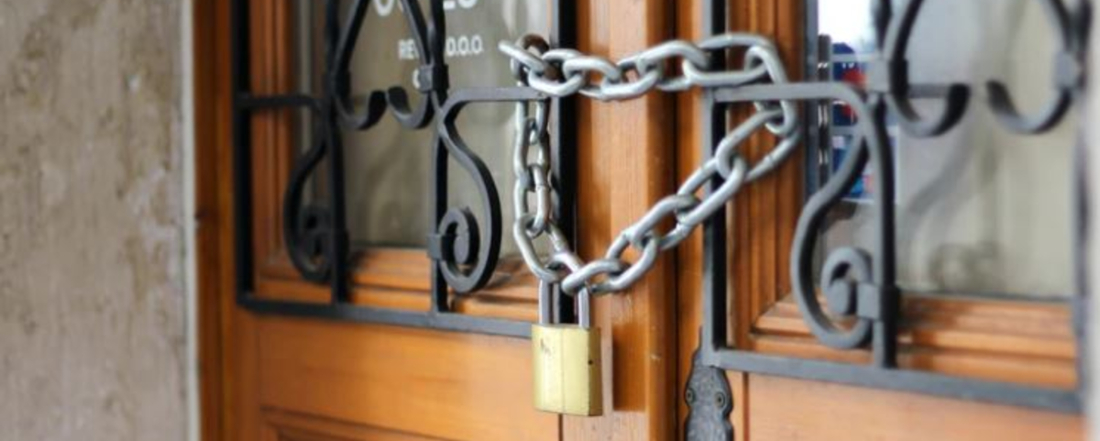
In the News
Extend the Eviction Moratorium to Ward Off Another Public Health Crisis
-
Focus Areas
Communicable Disease Prevention, Healthy Communities -
Expertise
Public Policy Advocacy -
Programs
Public Health Alliance of Southern California -
Strategic Initiatives
COVID-19

Extend the eviction moratorium to ward off another public health crisis
By Tracy Delaney, executive director of the Public Health Alliance of Southern California and Zenei Triunfo-Cortez, president of the California Nurses Association/National Nurses United
As public health and health care leaders, we are overjoyed to see diminishing numbers of COVID cases. But that isn’t the only number we need to watch as we recover from the pandemic. Across California, people have lost jobs and are struggling to make ends meet. Thousands of Californians are behind on rent, facing evictions and accumulating debt that will haunt them for years or even decades. An estimated 700,000 households are behind on rent in California, and as it comes due, research by the Bay Area Regional Health Inequities Initiative (BARHII) shows that many will cut back on medicine and food or lose their homes entirely. It is impossible to repair damage done by the coronavirus when we are leaving so many behind.
If legislators do not act, California’s COVID-19 tenant protections — and the hope they offer — will end on June 30. We agree with BARHII’s analysis — a wiser option is to extend Senate Bill 91, which regulates the eviction moratorium and federal COVID-19 recovery funds, and make the bill airtight, closing the loopholes that exclude many tenants. Extending the moratorium will give renters time to access rent relief programs and will allow us — nurses and public health practitioners — to focus our attention on healing individuals and communities. If the Legislature fails to act, even our best nursing and public health efforts won’t ward off this preventable crisis.
Public health data are clear: Eviction protections save lives. Despite state and local governments’ best efforts to get rent relief programs running quickly, tenants face immense barriers applying and are still waiting for relief. Some landlords are already serving eviction notices. The same communities that faced the highest exposure to COVID-19 — such as essential workers working for low wages — now face an epidemic of evictions, which are deeply tied to higher suicide rates, heart disease and hypertension. Because Black, Pacific Islander, Indigenous, Latinx and other communities of color have often been locked out of higher wages and stable, affordable housing, these evictions also will increase racial health inequities.
What gives us hope is the clear evidence about what provides a foundation for better health. BARHII’s recent research shows that rent relief and eviction protections save lives, increase well-being and put us on a path to recovery that includes, rather than excludes, tenants. Polls show strong support for an extension of the rent moratorium and for getting relief to tenants. Gov. Gavin Newsom and the Legislature must:
- Extend eviction protections until unemployment among low-wage workers has dropped to pre-pandemic levels and the state has expended available rental assistance funds; allow cities and counties to pass their own stronger protections; and keep protections that have worked, such as longer eviction-noticing periods so that tenants have enough time to apply for rental and legal assistance.
- Protect tenants by ensuring that they can access 100% of the rent relief program regardless of landlord participation and are safe from negative credit reporting that would deny them homes in the future.
- Remove barriers that disproportionately affect immigrants, Black, Latinx, Pacific Islander and Indigenous people, such as documentation requirements and exclusion of tenants who paid rent but piled on loan and credit card debt to do so.
- Invest deeply in community-based, culturally and linguistically appropriate outreach and application assistance.
While state agencies are working on this, the eviction moratorium’s looming June 30 deadline means tenants are running out of time. We’ve made so much progress recovering from COVID-19 that it’s unconscionable to think we’d turn our backs on Californians and head straight into another health crisis caused by a wave of evictions and insurmountable rent debt that is just around the corner. We are gravely concerned about the cascade of sicker, shorter lives we will see if legislators are not urged to extend SB 91 quickly.
The positive effect of extending the moratorium and ensuring residents can access rent relief will ripple out across California. When people can stay in their homes, they are more financially stable, their children do better at school, they are healthier. The Legislature must act so that everyone can be part of California’s recovery.
The Bay Area Regional Health Inequities Initiative contributed to this commentary, conducted data and research on the impact of the eviction moratorium and rent relief on the health of Californians, and provided policy recommendations.
Originally published by CalMatters
More Updates


PHI’s Population Health Innovation Lab Joins $22M Five-Year Initiative with Merck Foundation to Improve Cardiovascular Care

Call for Speakers: 2026 Americans with Disabilities Act Virtual Conference

“Federal Food Assistance Programs Sustain Families” Statement from the Public Health Institute on SNAP Funding
Work With Us
You change the world. We do the rest. Explore fiscal sponsorship at PHI.
Support Us
Together, we can accelerate our response to public health’s most critical issues.
Find Employment
Begin your career at the Public Health Institute.
